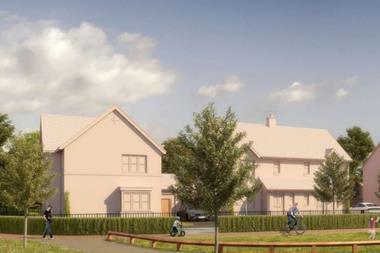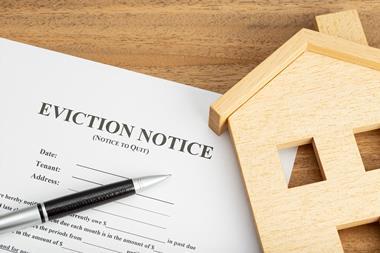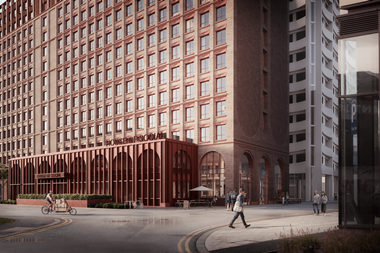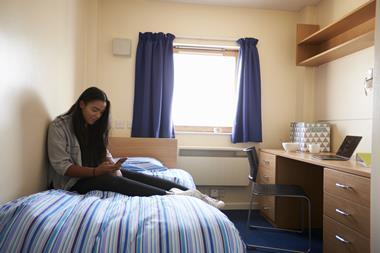This week has served up plenty of food for thought on housebuilding, and a dog’s breakfast of industry reactions that run from bleak pessimism to blithe optimism.

Office for National Statistics figures reveal that the average UK house price in November 2022 stood at £295,000, down by £1,000 on the prior month but up £28,000 on a year earlier.
And, of course, those ups and downs come with pinches of salt. Comparisons with the prior year are mixed in with the end of 2021’s stamp duty holiday, for example. And once seasonally adjusted, even the small decrease in selling price flips into a small positive, with price growth adjusting from -0.3% to +0.1%.
In short, you can read what you want into the figures. Up, down, growth, decline, steadiness or stagnation – take your pick.
Shuffling through my inbox I find a downbeat assessment from Andy Sommerville, director of data provider Search Acumen. He sees house prices “in a likely slow but steady decline as we settle into a recessionary period”, which in turn “raises the likelihood of uncertain transactions with more down valuations, gazundering and buyers pulling out of deals altogether”.
At the other end of the spectrum there is Marc von Grundherr, director of London estate agent Benham and Reeves, who says: “Those of us with our ear to the ground will tell you that both buyer and seller enquiries are coming in thick and fast, particularly across the London market.”
He adds: “It’s only a matter of time before this uplift in activity reverses the reduced rates of house price growth seen during the latter stages of last year.”
No doubt the truth lies somewhere in the middle, a position straddled by James Briggs, head of personal finance intermediary sales at lender Together. “November’s dip in house prices… could possibly increase demand for property after buyers and sellers held tight during market uncertainty in the past months.”
But Briggs goes on to reference the pressure on homeowners starkly spelled out in a letter sent by the Financial Conduct Authority to the Commons Treasury select committee last week, warning that 770,000 UK households are at risk of mortgage default over the next two years.
“There is a real concern many borrowers will be faced with no choice but to raid their savings and drastically change spending habits to keep up with repayments,” Briggs warns.
Similar differences of opinion abound among those examining the recent results of major listed housebuilders. As our analysis this week highlights, most expect to sell fewer homes in 2023 than in 2022, with forward orderbooks much thinner than they were a year ago. Analysts suggest the dip has proven worse than expected, but then strike an optimistic note by looking at cash reserves – which generally look better than in previous recessions and are sufficient to support a modest rollercoaster ride.
Paul Frost, managing director of Puma Property Finance, also gives us a soothing thought, noting that just a few months on from the systemic shock of the Truss-Kwarteng debacle, “the Bank of England is talking about the slowing of interest rate rises and the potential for them to reduce in the next couple of years”.
As I said, take your pick of where housebuilding is headed. It won’t be smooth sailing, and we won’t know where we’re going till we get there.





























No comments yet